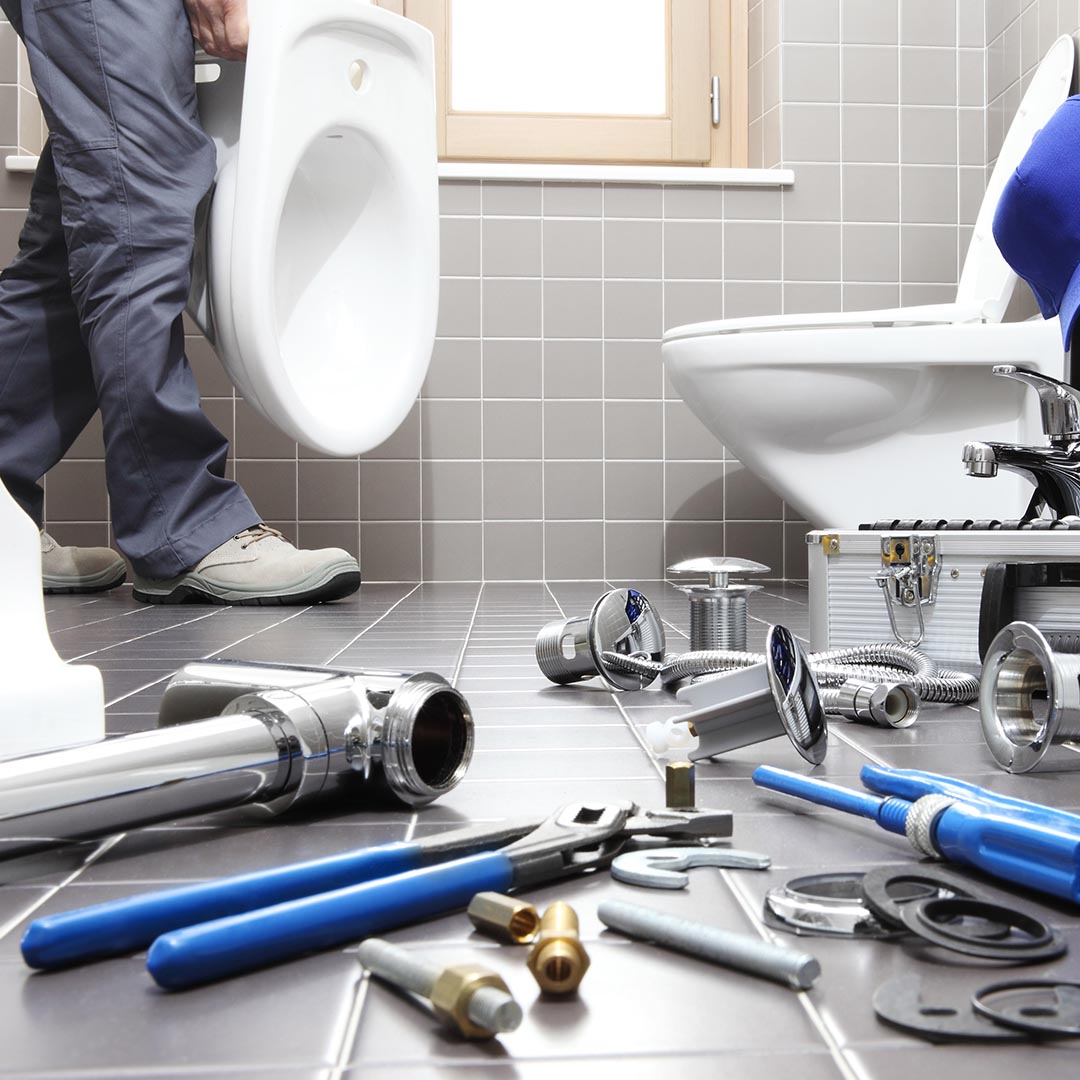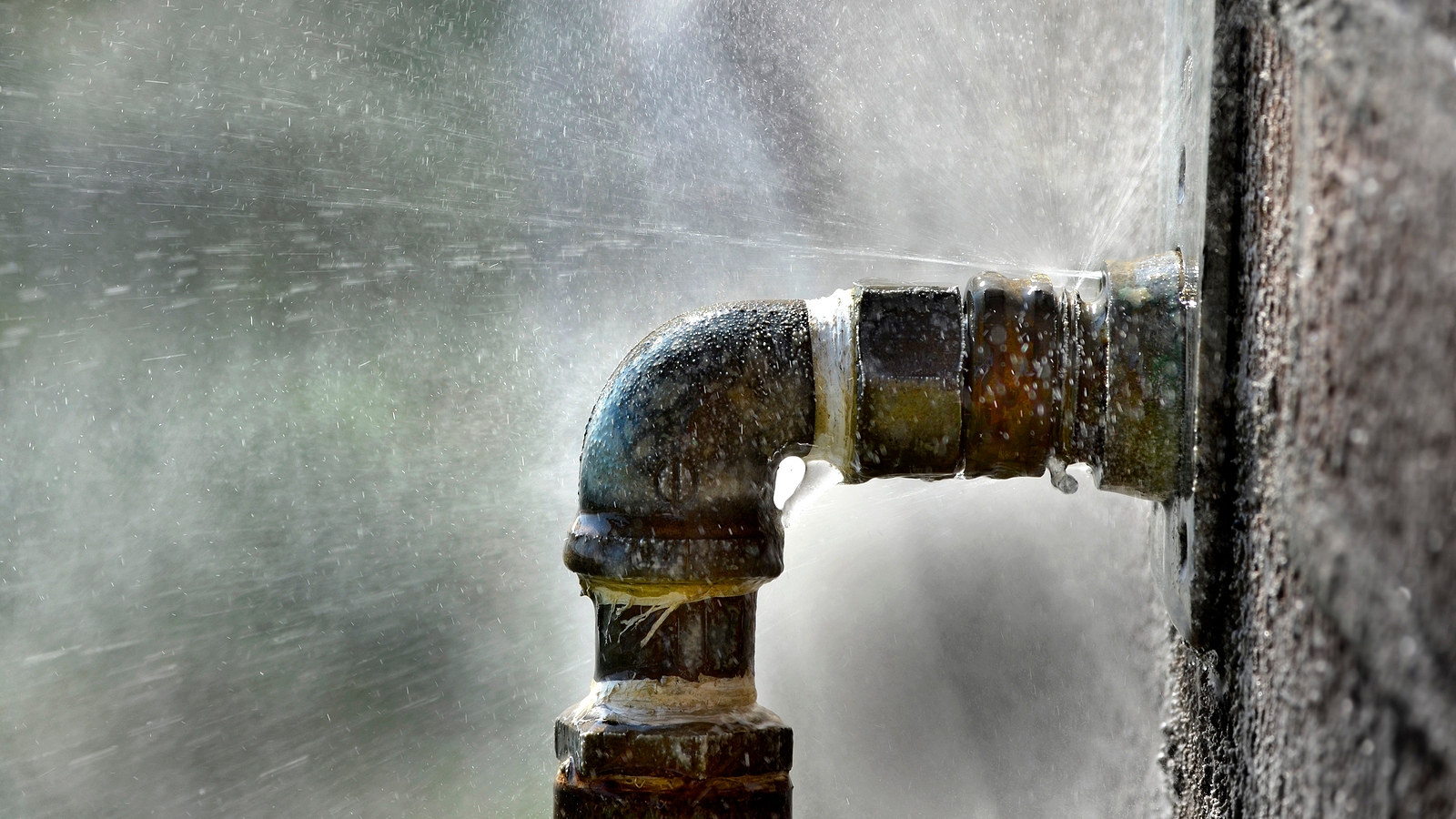Residential Plumbing Maintenance Essential Tips

Essential Guidelines for Residential Plumbing Maintenance
Maintaining a properly functioning plumbing system is crucial for the comfort and convenience of your home. By implementing regular maintenance practices, you can prevent costly repairs, conserve water, and ensure the longevity of your plumbing fixtures. Here are some essential tips for effective residential plumbing maintenance.
Schedule Regular Inspections
Regular inspections by a qualified plumber are essential for identifying potential issues before they escalate into major problems. A professional plumber can assess the condition of your plumbing system, including pipes, fixtures, and appliances, and recommend any necessary repairs or replacements. Scheduling annual inspections can help you catch small leaks, corrosion, or other issues early on, saving you time, money, and hassle in the long run.
Check for Leaks and Drips
Even small leaks and drips can waste significant amounts of water and lead to water damage if left unaddressed. Periodically check your faucets, toilets, and pipes for any signs of leaks or drips, such as water stains, mold growth, or musty odors. Fixing leaks promptly can help prevent water damage to your home and conserve water, reducing your utility bills in the process.
Maintain Proper Water Pressure
High water pressure can put unnecessary strain on your plumbing system, leading to leaks, bursts, and other issues. Use a water pressure gauge to measure the water pressure in your home and ensure it falls within the recommended range of 40-80 psi (pounds per square inch). If you notice excessively high water pressure, consider installing a pressure regulator to protect your plumbing fixtures and appliances from damage.
Inspect and Maintain Water Heater
Your water heater plays a vital role in providing hot water for bathing, cooking, and cleaning. To ensure optimal performance and efficiency, it’s important to inspect and maintain your water heater regularly. Check for signs of corrosion, sediment buildup, or leaks, and flush the tank annually to remove any accumulated sediment. Performing routine maintenance on your water heater can extend its lifespan and reduce the risk of unexpected breakdowns.
Prevent Clogs and Blockages
Clogged drains and pipes are a common plumbing issue that can disrupt your daily routine and cause inconvenience. To prevent clogs and blockages, avoid disposing of grease, food scraps, coffee grounds, and other debris down your drains. Use drain screens or strainers to catch hair, soap scum, and other particles before they can accumulate and cause blockages. Periodically flush your drains with hot water or a mixture of baking soda and vinegar to help keep them clear and flowing smoothly.
Protect Against Freezing Temperatures
In colder climates, freezing temperatures can pose a threat to your plumbing system, causing pipes to freeze and burst. To protect against frozen pipes, insulate exposed pipes with foam pipe insulation or heat tape, especially in unheated areas such as basements, crawl spaces, and attics. Keep garage doors closed during cold weather and open cabinet doors under sinks to allow warm air to circulate around pipes. If you plan to be away from home during freezing temperatures, consider
Quick Plumbing Fixes Solutions for Common Problems

In the world of home maintenance, plumbing issues can arise unexpectedly, causing inconvenience and frustration. However, with the right knowledge and tools, many common plumbing problems can be fixed quickly and easily. Let’s explore some quick plumbing fixes that homeowners can implement to address common issues and keep their plumbing systems running smoothly.
Fixing a Leaky Faucet
A leaky faucet is a common plumbing problem that can waste a significant amount of water and drive up your utility bills. Fortunately, fixing a leaky faucet is often a simple task that requires basic tools and a little know-how. Start by turning off the water supply to the faucet, then disassemble the faucet handle to access the internal components. Replace any worn-out washers or O-rings, and reassemble the faucet. With proper installation, your faucet should no longer leak, saving you water and money in the long run.
Unclogging a Drain
Clogged drains are another common plumbing issue that can disrupt daily routines and cause inconvenience. Whether it’s a slow-draining sink or a backed-up shower drain, unclogging a drain is often a straightforward process that can be tackled with a few simple tools. Start by removing any visible debris or hair from the drain using a plunger or drain snake. If the clog persists, try pouring a mixture of hot water and vinegar down the drain to dissolve stubborn blockages. In most cases, these DIY methods can effectively clear a clogged drain and restore proper drainage to your plumbing fixtures.
Repairing a Running Toilet
A running toilet is not only annoying but can also waste a significant amount of water if left unaddressed. Fortunately, repairing a running toilet is usually a quick and inexpensive fix that can be completed in a matter of minutes. Start by removing the tank lid and inspecting the toilet’s internal components, including the flapper valve and fill valve. Adjust or replace any faulty components as needed to restore proper function to the toilet. With a little troubleshooting and some basic repairs, you can stop your toilet from running and save water in the process.
Addressing Low Water Pressure
Low water pressure can be a frustrating plumbing problem that affects the performance of your faucets, showers, and other plumbing fixtures. While low water pressure can be caused by various factors, such as mineral buildup in pipes or a faulty pressure regulator, there are several quick fixes you can try to improve water pressure in your home. Start by checking for any visible leaks or obstructions in your plumbing system, such as clogged aerators or showerheads. If necessary, clean or replace these components to restore proper water flow and pressure to your fixtures.
Sealing a Leaking Pipe
A leaking pipe can cause significant damage to your home if not addressed promptly. While some pipe leaks may require professional assistance, minor leaks can often be sealed quickly and easily with the right materials. Start by turning off the water supply to the affected area, then clean and dry the pipe thoroughly.
